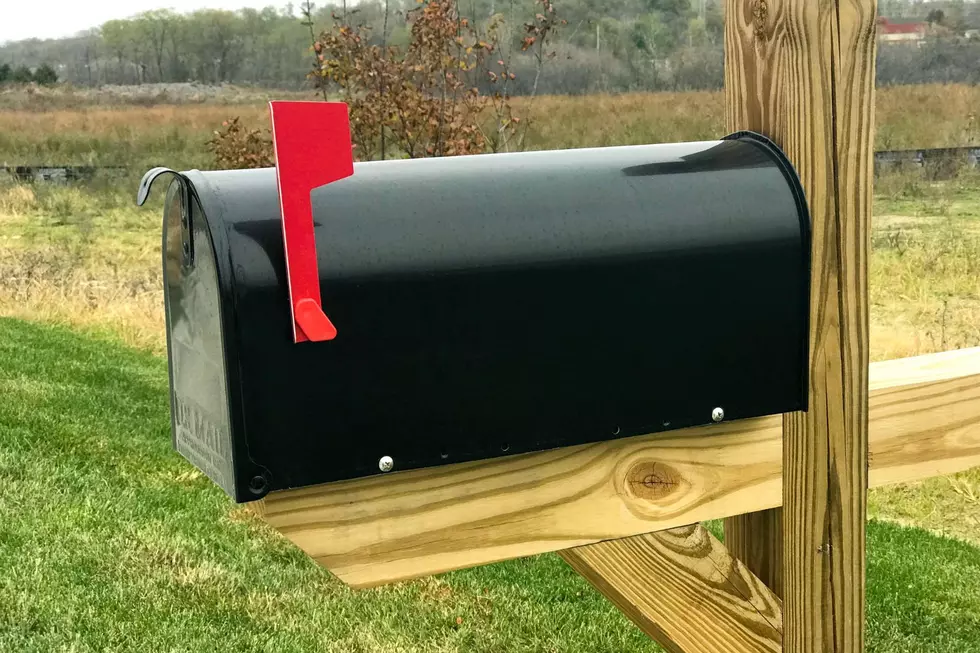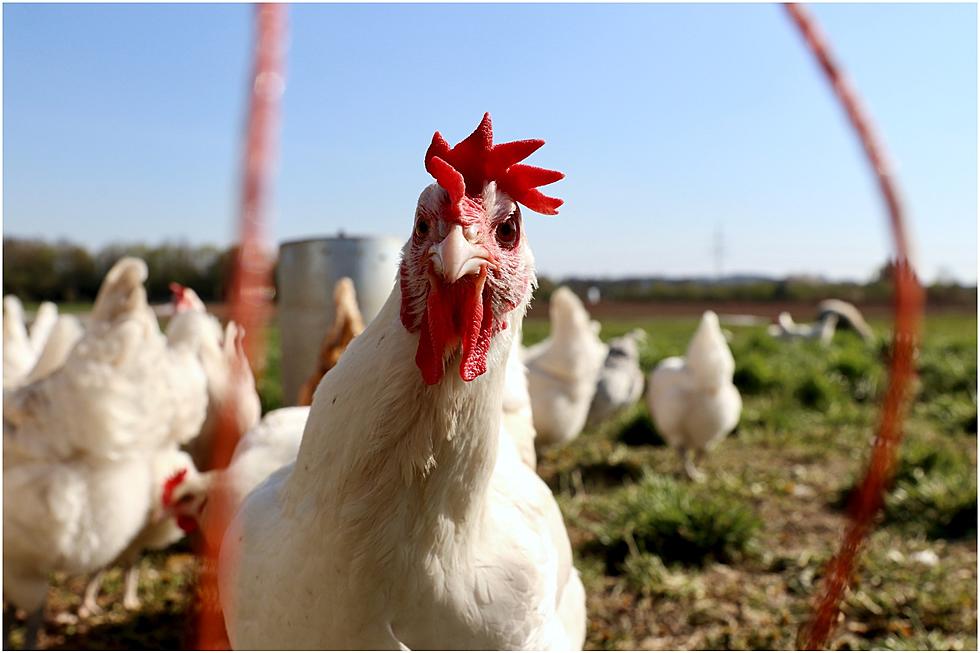In a state where backyard chickens and wild turkeys are everywhere, it's scary news to hear that avian influenza has been discovered.
What is Avian Influenza and how Dangerous is it to People?
Aptly nicknamed 'bird flu,' avian influenza is a virus that affects poultry, like chickens, ducks, and turkeys. It's highly contagious, according to the Occupational Health and Safety Administration, has killed millions of birds in other countries, and sickened many people. All that sounds really scary, but the USDA says there's really no threat in Maine. At least, not at this point. No cases of avian influenza in humans have been detected in the United States. But, just to be on the safe side, experts advise cooking poultry and eggs to an internal temperature of 165 degrees Fahrenheit to kill any bacteria and viruses.
Where Was it Found in Maine?
A flock of backyard chickens in Knox County were found to be infected with highly pathogenic avian influenza. The birds were isolated and eliminated, to prevent the spread of the virus. None of the chickens entered the food supply. Typically, domestic poultry will catch avian influenza from wild birds so state and federal wildlife and health officials are investigating the wild bird population in the immediate area, to try and source the origin of the infection.
How Do I Know if My Chickens have Avian Influenza?
According to OSHA, the following symptoms could point to a case of avian flu in birds:
- Lack of energy
- Loss of appetite and coordination
- Purple discoloration and/or swelling of various body parts
- Diarrhea
- Nasal discharge
- Coughing
- Sneezing
- Reduced egg production and/or soft-shelled or misshapen eggs
- Sudden death
In humans, symptoms of the virus are typical of any flu-like illness:
- Fever
- Cough
- Sore Throat
- Muscle Aches
- Nausea
- Abdominal Pain
- Vomiting
- Diarrhea
- Eye infections
- Difficulty breathing
- Pneumonia
- Severe Respiratory disease
Again, there have been no confirmed cases of avian influenza in humans, anywhere in the United States, so it's not really a concern. Anyone who thinks their flock of poultry may be infected should contact the Department of Agriculture immediately.
LOOK: Here are the pets banned in each state
LOOK: Stunning animal photos from around the world
More From










